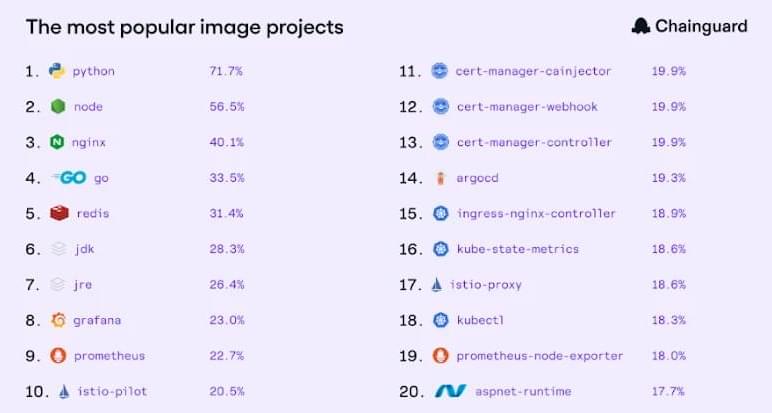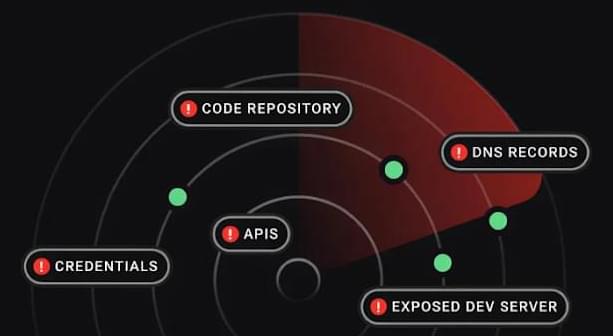SpaceX’s potential Initial Public Offering (IPO) could not only reward long-term Tesla shareholders but also has significant implications for Elon Musk’s companies, with a possible valuation of $1.2–1.5 trillion, driven by ventures like Starlink and Starship # ## Questions to inspire discussion.
IPO Timing and Valuation Strategy.
🚀 Q: When could SpaceX realistically go public and at what valuation? A: SpaceX IPO timing targets mid-2026 with potential valuation of $1.2–1.5 trillion, dependent on Starship production readiness, successful orbital launches with Starlink payloads by mid-2024, and prevailing volatile public market conditions at listing time.
💰 Q: How much capital would SpaceX raise in the IPO? A: SpaceX would likely issue new shares to raise approximately $80 billion at the $1.2–1.5 trillion valuation target, rather than conducting a buyback of existing shares, with potential share prices ranging $50–150 per share.
📈 Q: What drives SpaceX’s trillion-dollar valuation thesis? A: Valuation hinges on Starlink satellite network (10M subscribers, 10K satellites), rapid and complete reusability of Starship launch vehicles, planned Moon and Mars bases by 2030–2040, and the Musk premium factor where investors pay extra for his involvement.
Starship as IPO Catalyst.







